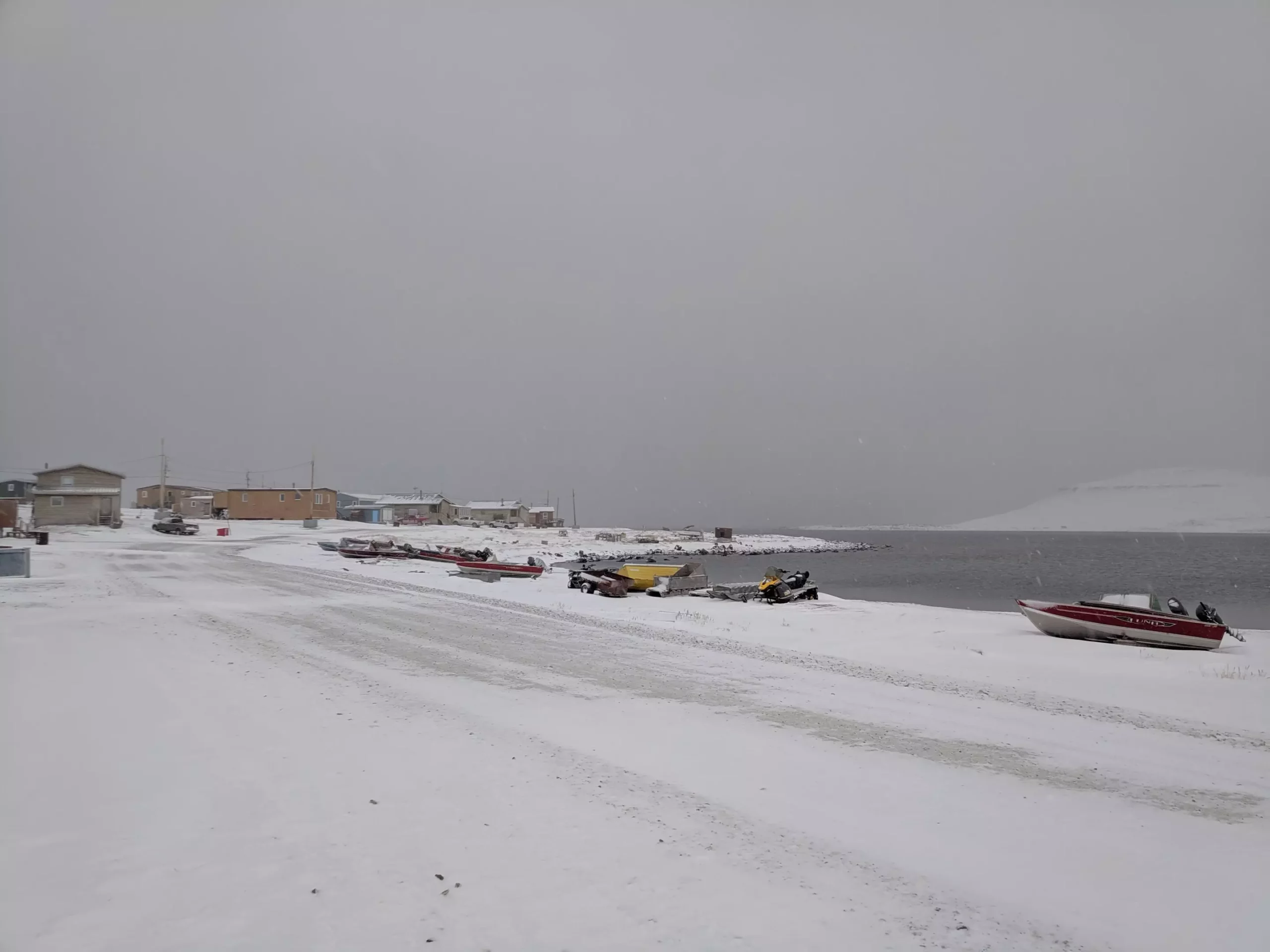In a world where climate change continues to threaten food security and environmental stability, the value of local food systems becomes even more critical. Recent findings from the Inuvialuit Settlement Region in the Canadian Arctic illuminate a stark reality: prioritizing local food production over imported alternatives can generate substantial economic and ecological benefits. Conducted by the Max Planck Institute for Evolutionary Anthropology and the Inuvialuit Regional Corporation, this research highlights a remarkable potential to save over 3.1 million Canadian dollars annually while simultaneously reducing carbon emissions by almost half, showcasing the compelling case for local food policies.
The significance of this research cannot be overstated. It underscores that the survival of Indigenous communities, who depend on these local systems, is intrinsically linked to food security, public health, and sustainability. Indigenous peoples globally have demonstrated resilience through local harvesting methods, but these efforts are often overshadowed in national economic analyses. As climate change intensifies, neglecting local agricultural systems in policy decisions poses a severe risk to both the environment and the wellbeing of remote communities.
Indigenous Economies: A Mixed Landscape
The unique economic landscape of Arctic communities blends traditional activities, such as fishing and hunting, with a formal wage economy. However, dramatic changes brought about by social and environmental factors challenge these communities to adapt continuously. As carbon taxation becomes a norm in Canada, the economic viability of fuel needed for food production is also at risk. Here, local economics play a key role and must be factored into wider climate policies to create effective, lasting solutions.
The efforts of Elspeth Ready and her team emphasize the need for a comprehensive understanding of how local economies function. Using data gathered from a regional harvesting study conducted in 2018, researchers sought to illuminate the cost-effectiveness and environmental sustainability of local food sources. By determining the edible weight of food that Inuit harvesters produced yearly and contrasting it with the cost of market substitutes, the research offers an insightful perspective on the financial implications of relying on external food sources in high-cost regions.
The Stark Numbers: Economics and Emissions
The study emphasizes that simply replacing local food supplies with imported alternatives would not only be economically burdensome but also environmentally detrimental. The staggering annual projections indicate a cost of over 3.1 million Canadian dollars, alongside an emission footprint exceeding 1,000 tonnes of CO2-equivalent annually. In sharp contrast, local harvesting methods, despite being reliant on fossil fuels, yield a significantly lower carbon output. The researchers noted that local fuel costs hovered around 295,000 Canadian dollars, with emissions ranging between 317 to 496 tonnes—less than half when compared to imported substitutes.
This striking calculation showcases a fundamental truth: local food systems represent a more sustainable and economically viable choice for Arctic communities. Resilience against climate supply chain vulnerabilities underscores the pressing need for policies that uplift local food systems rather than undercut them.
The Role of Climate Policies
The findings provoke critical questions about the efficacy of current climate policies. Are policymakers truly considering the ramifications of their approaches on local food systems? The evidence suggests that if climate strategies disregard local agricultural practices, they may inadvertently sabotage emissions targets and exacerbate food insecurity in vulnerable communities. The necessity for policies that acknowledge local food systems as fundamental components of environmental sustainability cannot be overstated.
As highlighted in the research, the unique challenges faced by remote populations—like geographic isolation and limited resources—demand locally tailored solutions that integrate these communities into the broader climate dialogue. With the research forming a foundation for additional studies in similar contexts, it is imperative that policymakers adopt a localized viewpoint when formulating climate adaptation and food security strategies.
The Path Forward: A Call to Action
The results from the Max Planck Institute’s research reveal the urgency of re-evaluating our definition of food production within climate discussions. It is not merely about reducing emissions but redefining our economic framework in ways that center local practices. Communities in the Arctic and similar regions showcase innovative approaches that have sustained their way of life for generations. Harnessing this knowledge, paired with scholarly insights, presents an opportunity for a transformative shift in how we consider sustainability and food systems.
Failure to adapt to the specificities of local economies will undoubtedly hinder our global efforts to combat climate change. It is time to listen to Indigenous voices and reframe policies to not only recognize but also promote local food production as an essential strategy in addressing climate action and ensuring food security. Through empowered local agricultural practices, we can pave the way for a more sustainable and resilient future, reaping the benefits for generations to come.

